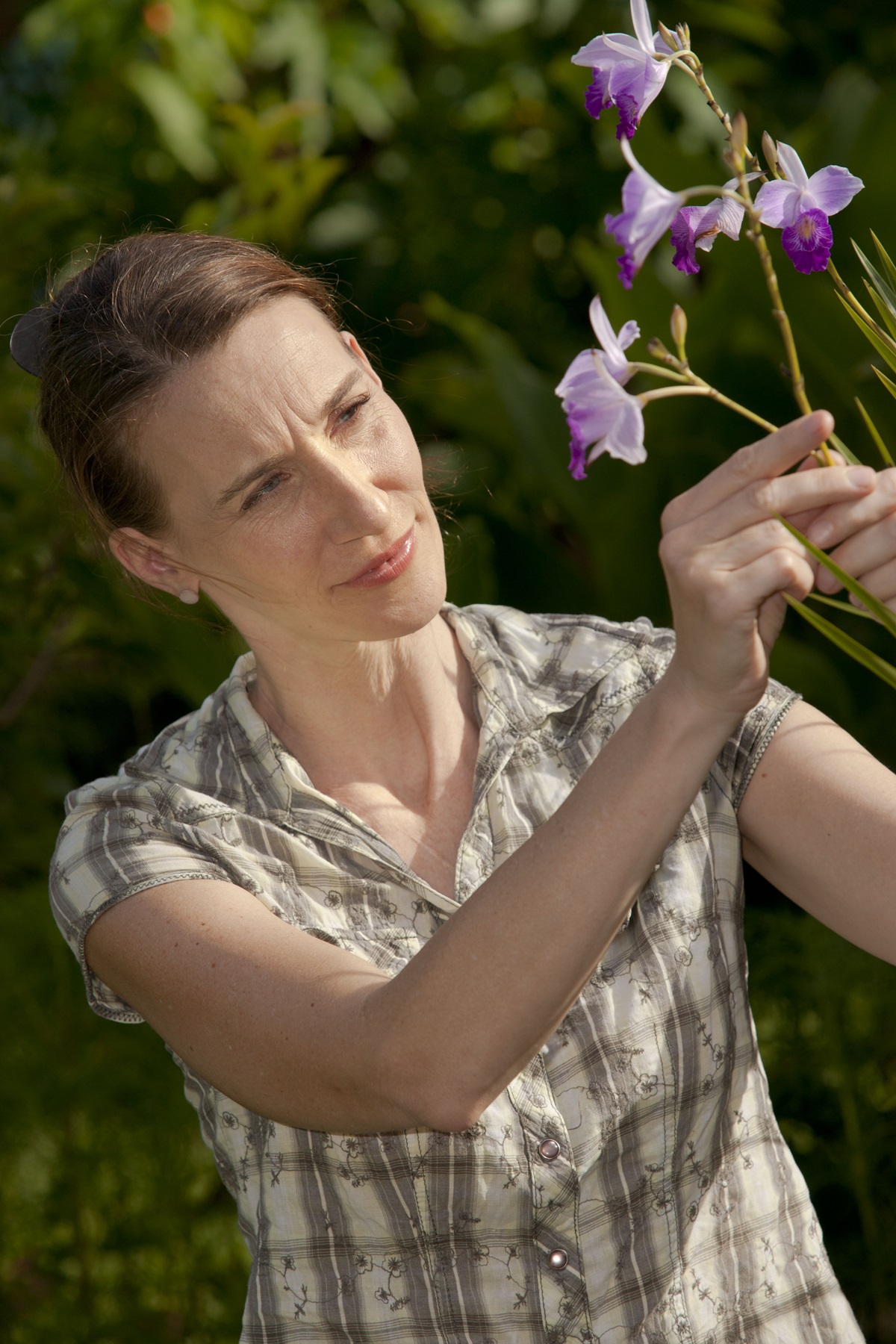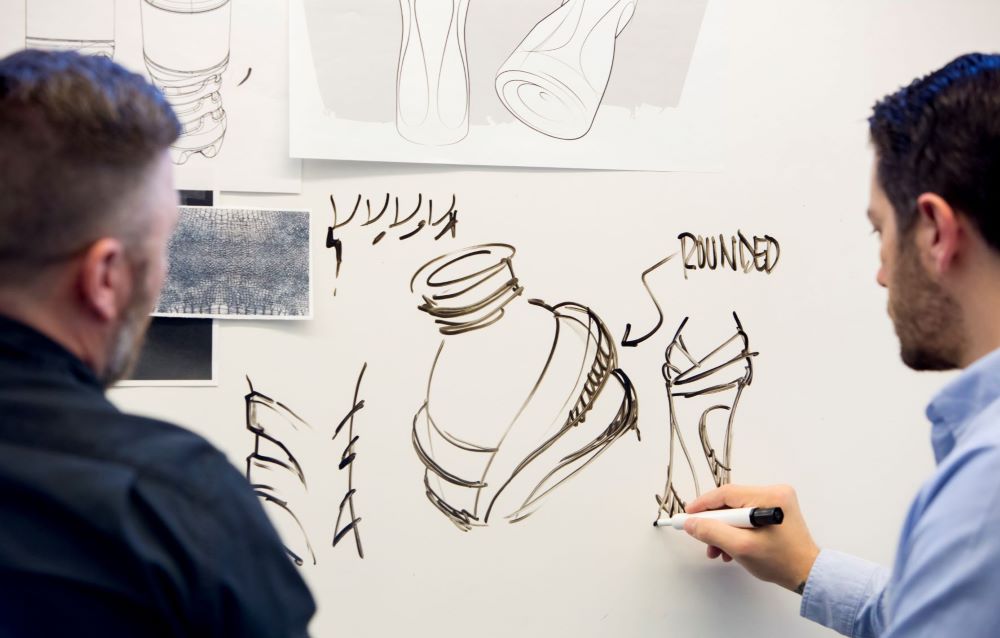Australia’s largest rural health school, based at La Trobe University, is celebrating 10 years of health professional education and research, improving the lives of thousands of people living in rural and regional communities.
Australia’s largest rural health school, based at La Trobe University, celebrated 10 years of health professional education and research, improving the lives of thousands of people living in rural and regional communities.
The milestone was celebrated at the School’s annual conference at La Trobe’s Bendigo campus.
La Trobe Vice-Chancellor Professor John Dewar said the La Trobe Rural Health School has played a critical role in improving healthcare in rural and regional communities since its formal establishment in 2009.
“Each year the School graduates hundreds of nurses, dentists, paramedics, social workers, midwives and allied health practitioners, among others – the vast majority of whom go on to work in rural and regional areas.
“We know that, on average, Australians living in rural and remote areas have shorter lives, higher levels of disease, and poorer access to health services, compared with their metropolitan counterparts.
“Every day, graduates of our Rural Health School are putting back into these communities, improving quality of life, and providing healthcare where it is needed most,” he said.
The La Trobe Rural Health School also has a strong research component, aiming to address critical health challenges affecting rural and regional communities.
Researchers explore everything from combating poor oral health, to teaching children to read, to navigating complex healthcare systems when a family member is diagnosed with dementia.
La Trobe Rural Health School Head, Professor Pamela Snow, said the School aims to understand regional communities “from the inside out”.
“We don’t impose our ideas – we work hand-in-hand with local communities to understand their unique challenges and develop workable long-term solutions together,” Professor Snow said.
“This critical work has resulted in policy changes at all levels of government, and countless community-led programs that have significant and lasting impact,” Professor Snow said.
The School has developed strong connections with rural and regional communities across Australia.
“Each year our students complete around 3000 individual placements, totalling 400,000 hours, in hospitals, community health centres, welfare and justice agencies, and private clinics around the country.
“We are producing graduates who understand the unique needs of these communities, and who are career-ready when they start work in a remote area or regional town,” she said.
The 10-year milestone was marked at the 2019 Rural Health Conference, which includes presenters from the La Trobe Holsworth Research Initiative, the John Richards Centre for Rural Ageing Research, and the Violet Marshman Rural Health Initiative.
After the conference, Professor Patrick McGorry AO, Executive Director of youth mental health organisation Orygen, presented the Violet Vines Marshman Oration.
Although the La Trobe Rural Health School was formally established in 2009, health professional education at La Trobe in Bendigo well pre-dates that time.
*Around 73 per cent of students work in a rural location upon graduation.
*The School partners with more than 330 rural and regional health agencies, to each year deliver over 3000 individual student placements, totalling around 400,000 hours.
*Students complete placements in rural and regional areas across the country, and overseas – everywhere from Mildura to Nepal.
*The school has attracted more than $8,400,000 of research funding since its inception in 2009.
*The total project budget when the School was first established was $75.9 million – including the Clinical Teaching Building in Arnold Street ($22.4 million), the Rural Health School building at the main Bendigo campus ($17.7 million), expansion of dental facilities ($3.6 million), 286 student accommodation beds ($31.9 million), and a wet anatomy lab ($600,000).








